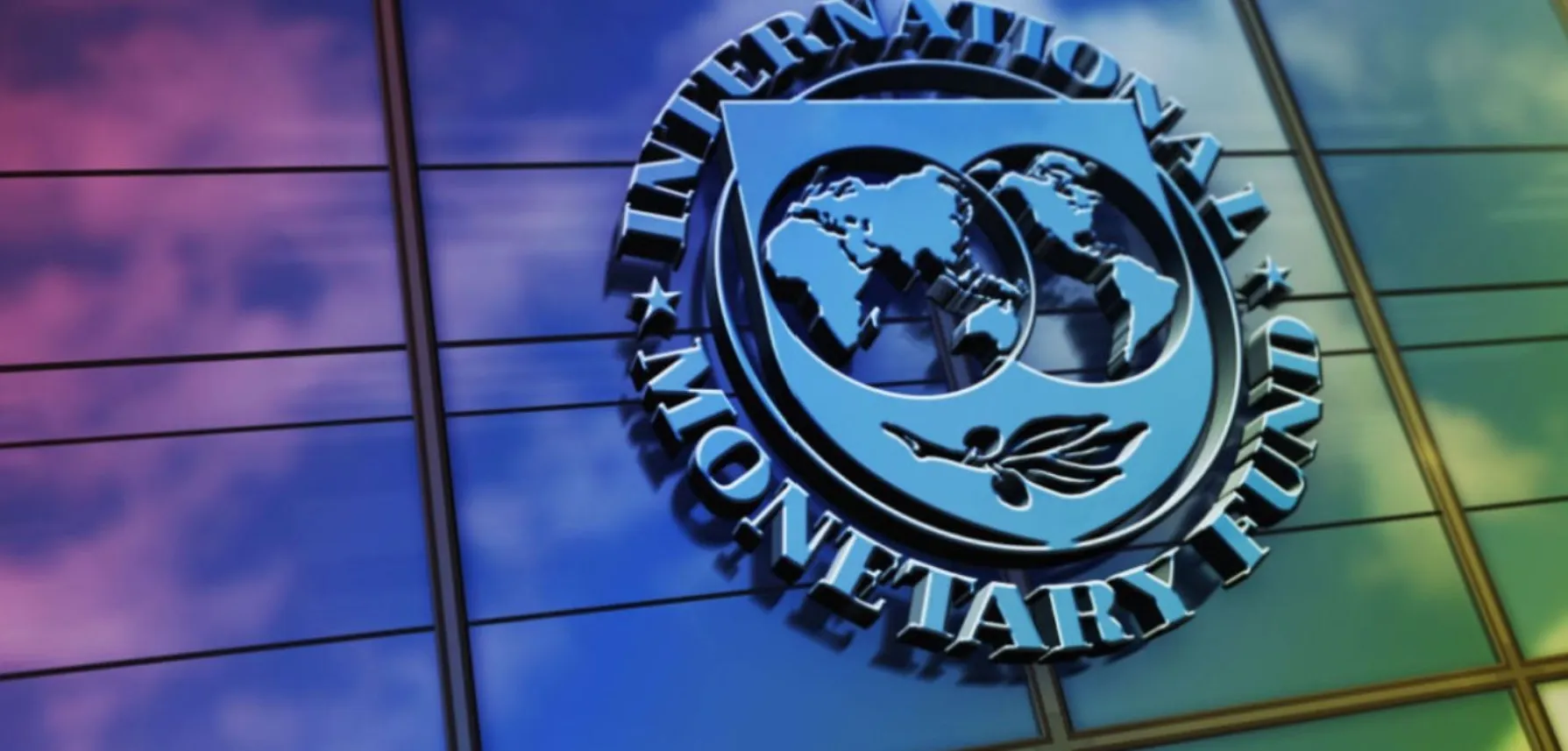- The IMF leads the development of a global platform that seeks to improve the interoperability of Central Bank Digital Currencies (CBDCs).
- The managing director of the IMF highlights the importance of systems that connect countries to achieve efficient and fair CBDC transactions.
- CBDCs offer benefits such as financial inclusion and reduced payment costs, and the IMF warns against the risks of private cryptocurrencies.
The International Monetary Fund (IMF) is developing a global platform that aims to improve the interoperability of Central Bank Digital Currencies (CBDC). The agency considers that a general agreement is necessary to ensure that private market cryptocurrencies do not occupy its functional space.
Kristalina Georgieva, managing director of the IMF, highlighted at a conference in Morocco the importance of having systems that connect countries and allow for more efficient and fair CBDC transactions. According to Georgieva, CBDCs should not be fragmented national propositions, but interoperability is required to achieve greater efficiency in payments.
Definition of CBDCs
A CBDC is a native digital currency issued by a central bank, similar to traditional fiat currencies. They can be backed by fiat currency or other assets, such as gold, or treated as equivalents by the central bank.
Some of the potential benefits of CBDCs include promoting financial inclusion and reducing payment costs, such as the current high remittance fees. Although, obviously, it also has some disadvantages, such as total control of the “money”.
The need to avoid fragmented adoption of CBDC
Georgieva warned that if countries develop their own CBDCs for domestic use only, they would be wasting their potential.
Currently, there are 114 countries exploring CBDCs in some way, but many are in the early stages. However, countries like the United States and Canada still question the feasibility of developing a CBDC.
It is also highlighted that the classic decentralized cryptocurrencies, such as Bitcoin, have been considered as an alternative for cheaper remittances.
The IMF and its position on Bitcoin and private stablecoins
The IMF has expressed concern regarding the adoption of Bitcoin (BTC) in El Salvador, fearing that the currency could destabilize the country’s economy. Despite this, the president of El Salvador, Nayib Bukele, has ignored these warnings.
In addition, private stablecoins such as Tether (USDT) and Circle USDC have been closely scrutinized by the IMF due to their ability to de-peg and the risks associated with their reserves.
In a crypto regulation scheme proposed by the IMF earlier this year, it was recommended to regulate stablecoin issuers in a similar way to banks.

